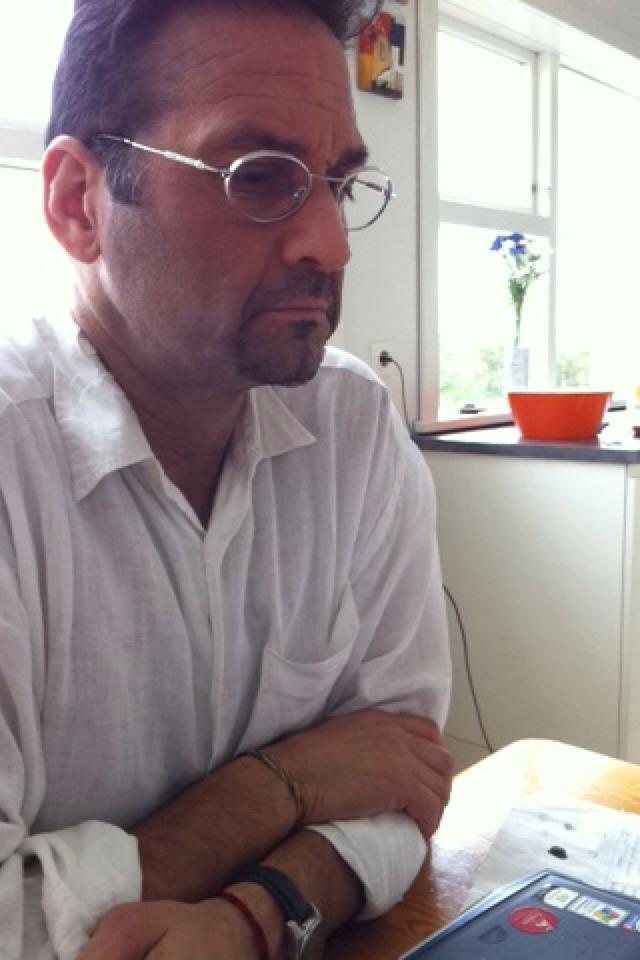When Brit Hume spoke of Buddhism's lack, he actually revealed his own, for Buddhism is a far more heterogeneous and pluralistic religion than most USAmericans realize. In Buddhism, we find both strict adherence to meditative disciplines as well as the embracing power of devotional faith, and all variety of mixtures in between. In terms of strictly Christian ideas of "sin" and "redemption", well, of course Buddhism doesn't speak to those. But in terms of its ability to embrace the wayward follower, the lost sheep who err and err again only to find themselves bereft of hope for the distant goal of enlightenment, Pure Land Buddhism offers an admirable and infinitely loving path that provides compassionate understanding, embracing the ostensible sinner, right here, right now.
(For those interested in the development of Pure Land Buddhism, the works of Alfred Bloom and Taitetsu Unno provide excellent introductions. In particular, Unno's translation of Shinran's Tannisho: A Shin Buddhist Classic; and his own River of Fire, River of Water, and Shin Buddhism: Bits of Rubble Turn To Gold are stand outs. Blooms' The Essential Shinran: A Buddhist Path of True Entrusting and Living in Amida's Universal Vow: Essays on Shin Buddhism are essential. Yoshifumi Ueda and Dennis Hirota's Shinran: An Introduction To His Thought, and Hisao Inagaki's The Way Of Nembutsu Faith: A Commentary on Shinran's Shoshinge are two other excellent works.)
Josà � M. Tirado, in addition to being a poet and writer, is a Shin Buddhist priest living in Iceland and currently finishing a PhD in psychology.
(Note: You can view every article as one long page if you sign up as an Advocate Member, or higher).





